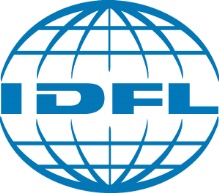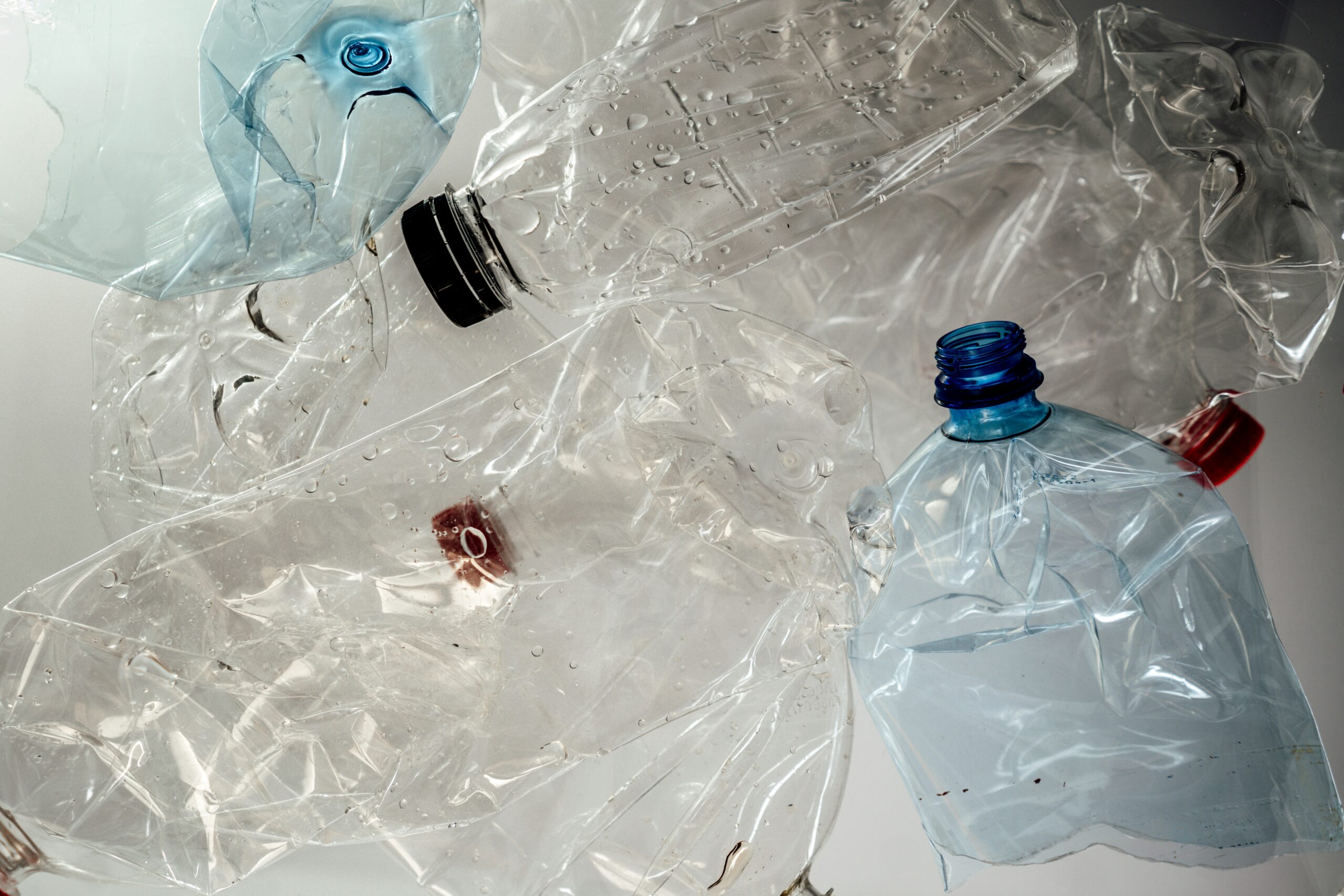Global Recycled Standard (GRS)
Textile Exchange has come a long way in defining the industry standards that shape the way businesses and consumers interact with materials, textiles, and products. They have developed standards that define the way materials are labeled and graded.
The Global Recycled Standard (GRS) and the Recycled Claim Standard (RCS) are among the most important of Textile Exchange’s recycled standards.
What are the critical points of RCS and GRS?
- Ensuring Recycled Material is Recycled
The materials and products claimed to be recycled must meet the international standard definition of recycled, regardless of whether it is post or pre-consumer material. Traceability of these materials through the supply chain is key to ensuring that materials used in end products are certifiable. The identity of the recycled materials must be maintained from the recycler to the final product. To do this, every stage of the supply chain must be certified through third-party, on-site audits and document reviews.
- Ensuring Products are Produced Responsibly
GRS sites, in particular, are rigorous in their requirements when it comes to social, chemical, and environmental impacts. Requirements for chemical use for any Certified Organization include having a Chemical Management System. This system has dedicated staff to monitor chemical usage, adequate mechanisms to monitor any chemicals used on site and specific procedures relating to training staff on the use of chemicals and the Chemical Management System itself.
- Chain of Custody
Understanding and identifying the chain of custody allows the certifier to see the recycled material from the beginning as a recycled material to its final destination in a consumer or material product.
- Credible certification
The use of third-party certification bodies ensures that the certification is credible. These professional certification bodies examine each stage of the material in the supply chain.
- Prestigious Labelling
Any products that successfully make it through the certification process can be labeled with their respective designations, whether Recycled Claim Standard or Global Recycled Standard.
- Worldwide Industry Engagement
These designations are discussed, debated, and decided upon by a collection of suppliers, retailers, brands, and recyclers from all marketplace sectors.
How is the Global Recycled Standard Similar to the Recycled Claim Standard?
The Recycled Claim Standard is a lighter version of the Global Recycled Standard. They are both concerned with increasing the use of recycled materials in products. The Recycled Claim Standard is specifically concerned with the physical properties of the material or product and the supply chain that it traveled through.
The GRS is meant to be used for any product with at least 5% recycled material content. As long as the materials they claim are “recycled” in the product match the international definition for recycled and can be proven to be in the product, they can receive the RCS designation. To obtain the Global Recycled Standard Designation, you need at minimum to qualify to receive an RCS designation but with more stipulations.
How is the Global Recycled Standard Different from the Recycled Claim Standard?
The Global Recycled Standard is a more robust version of the Recycled Claim Standard that includes the recycled materials’ social, environmental, and chemical impacts. Where the RCS is concerned only with the physical materials, the GRS is involved with the production of these materials and their effects on the environment and the people in those environments.
The GRS is meant as accreditation for products that include 20% or more recycled material in the composition. In addition, the GRS is also meant to ensure that the product contains those materials and is produced more sustainably than it otherwise would be if it did not have those materials. Similar to the RCS, all stages of the production from beginning to end must comply with regulations to be certified.
How Does the GRS Certification Benefit You?
By getting your products certified with the Global Recycled Standard, you show your customers that you are who you say you are. Your consumers know their products are genuinely recycled, and the brands and companies you work with can trust that their products will be compliant as well.
IDFL Can Audit and Certify Your Products and Materials
IDFL is a leader in the certification of products and materials, looking to gain their Global Recycled Standard and Recycled Claim Standard certifications. Reach out to IDFL today at audits@idfl.com and see how IDFL audits can lead to your products earning their GRS and RCS certifications.

